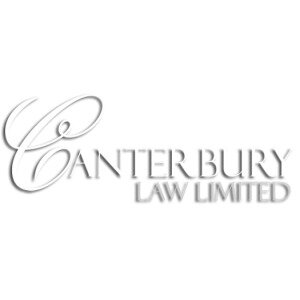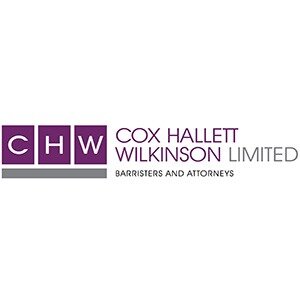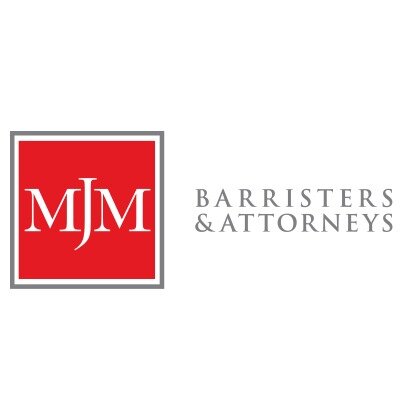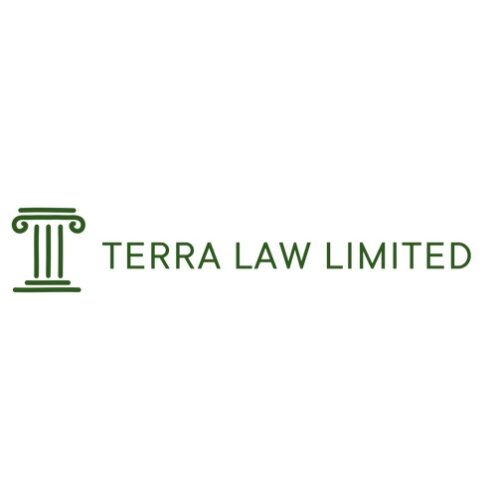Best Conveyancing Lawyers in Bermuda
Share your needs with us, get contacted by law firms.
Free. Takes 2 min.
Free Guide to Hiring a Real Estate Lawyer
Or refine your search by selecting a city:
List of the best lawyers in Bermuda
About Conveyancing Law in Bermuda
Conveyancing refers to the legal process of transferring ownership of real property, such as land or buildings, from one person to another. In Bermuda, conveyancing is governed by local property laws and requires adherence to detailed procedures to ensure that property transactions are valid and enforceable. The process typically involves preparing and verifying legal documents, conducting title searches, registering transfers, and ensuring that all statutory requirements and taxes are satisfied. Because property law in Bermuda can differ from that in other jurisdictions, it is crucial for both buyers and sellers to understand the specific legal landscape to protect their interests during any property transaction.
Why You May Need a Lawyer
There are several scenarios in which it is essential to engage a lawyer when dealing with conveyancing in Bermuda. Most commonly, lawyers are needed to assist with purchasing or selling residential or commercial property, mortgaging property, resolving disputes over ownership or boundaries, and reviewing and preparing complex legal documents. Property laws in Bermuda can be intricate, with title restrictions, leasehold interests, and special rules for non-Bermudian purchasers. Having legal support ensures that all transactions comply with local laws and regulations, helps prevent costly mistakes, and provides peace of mind throughout the process.
Local Laws Overview
Conveyancing in Bermuda is shaped by several key pieces of legislation, including the Conveyancing Act 1983, the Land Title Registration Act 2011, and associated property and stamp duty regulations. The law requires that all land transfers be conducted in writing and properly registered. Due diligence is essential, as lawyers must verify good and marketable title, check for charges or restrictions on the property, and ensure compliance with all legal requirements. Bermuda also has regulations in place concerning who can own land, particularly for non-Bermudians who must receive licenses or exemptions to purchase certain types of property. Stamp duties, land taxes, and various fees apply and must be settled before a transfer can be registered. Encumbrances, leases, easements, and covenants must be carefully reviewed during the conveyancing process to avoid future legal complications.
Frequently Asked Questions
What is conveyancing, and why is it required?
Conveyancing is the legal process of transferring ownership of property from one party to another. It is required to ensure the transaction is legally valid, all obligations are satisfied, and the buyer receives good title to the property.
Do I need a lawyer to buy or sell property in Bermuda?
Yes, engaging a local lawyer is strongly recommended for all conveyancing matters. Lawyers verify legal ownership, draft and review documents, arrange payments, and ensure compliance with local laws.
Can non-Bermudians purchase property in Bermuda?
Non-Bermudians can purchase property in Bermuda, but they must obtain a license and meet certain criteria. The type and value of property available to non-Bermudians is subject to restriction and government approval.
What is a title search, and why is it important?
A title search involves examining public records to confirm the seller's legal ownership and check for encumbrances or claims on the property. This process helps avoid disputes and ensures the buyer receives clear title.
How long does the conveyancing process take in Bermuda?
The timeline varies depending on the complexity of the transaction and any issues arising during searches or negotiations. Typically, straightforward transactions take between six to twelve weeks from initial agreement to completion.
What taxes or fees apply to property transactions in Bermuda?
The main taxes and fees include stamp duty, which is calculated based on the property value, and legal fees for services provided by lawyers. Additional registration and licensing fees may also apply, especially for non-Bermudians.
What is the role of the Bermuda Government in conveyancing?
The Bermuda Government oversees land registration, issues licenses for property purchases by non-Bermudians, and administers the collection of taxes and duties payable on property transfers.
What risks are involved if I do not use a lawyer for conveyancing?
Without legal advice, buyers and sellers risk falling victim to fraud, failing to uncover liens or title defects, incorrectly completing legal paperwork, or failing to comply with complex legal requirements, all of which can result in loss of property or financial penalties.
What is included in conveyancing legal fees?
Conveyancing legal fees typically cover title searches, drafting and reviewing contracts, managing client funds, registration of documents, advice throughout the process, and communication with involved parties.
Can I complete a property transaction remotely or while overseas?
Yes, it is possible to handle much of the process remotely with proper authorisations in place. However, arrangements for signing documents, notarisation, and funds transfer must comply with Bermuda requirements and may require coordination with your lawyer.
Additional Resources
For further assistance with conveyancing in Bermuda, consider consulting the following resources and organizations:
- Bermuda Government - Ministry of Public Works (responsible for land and property matters)
- Bermuda Land Title Registry Office (for land title and registration inquiries)
- Bermuda Bar Association (for a directory of qualified lawyers and legal guidance)
- The Bermuda Monetary Authority (for information on property-related licensing for non-Bermudians)
- Local property agencies and real estate professionals with experience in Bermuda conveyancing
Next Steps
If you are considering buying, selling, or transferring property in Bermuda, your first action should be to consult a qualified Bermuda lawyer with conveyancing experience. Gather all relevant documents, such as identification, purchase agreements, and existing title records. Arrange an initial consultation to discuss your needs and understand the process, estimated fees, and any potential legal obstacles. Your lawyer will guide you through each step of the conveyancing process, represent your interests, conduct due diligence, and ensure compliance with all Bermudian property laws and regulations. Taking this proactive approach will help protect your investment and facilitate a smooth transaction.
Lawzana helps you find the best lawyers and law firms in Bermuda through a curated and pre-screened list of qualified legal professionals. Our platform offers rankings and detailed profiles of attorneys and law firms, allowing you to compare based on practice areas, including Conveyancing, experience, and client feedback.
Each profile includes a description of the firm's areas of practice, client reviews, team members and partners, year of establishment, spoken languages, office locations, contact information, social media presence, and any published articles or resources. Most firms on our platform speak English and are experienced in both local and international legal matters.
Get a quote from top-rated law firms in Bermuda — quickly, securely, and without unnecessary hassle.
Disclaimer:
The information provided on this page is for general informational purposes only and does not constitute legal advice. While we strive to ensure the accuracy and relevance of the content, legal information may change over time, and interpretations of the law can vary. You should always consult with a qualified legal professional for advice specific to your situation.
We disclaim all liability for actions taken or not taken based on the content of this page. If you believe any information is incorrect or outdated, please contact us, and we will review and update it where appropriate.
Browse conveyancing law firms by city in Bermuda
Refine your search by selecting a city.
















